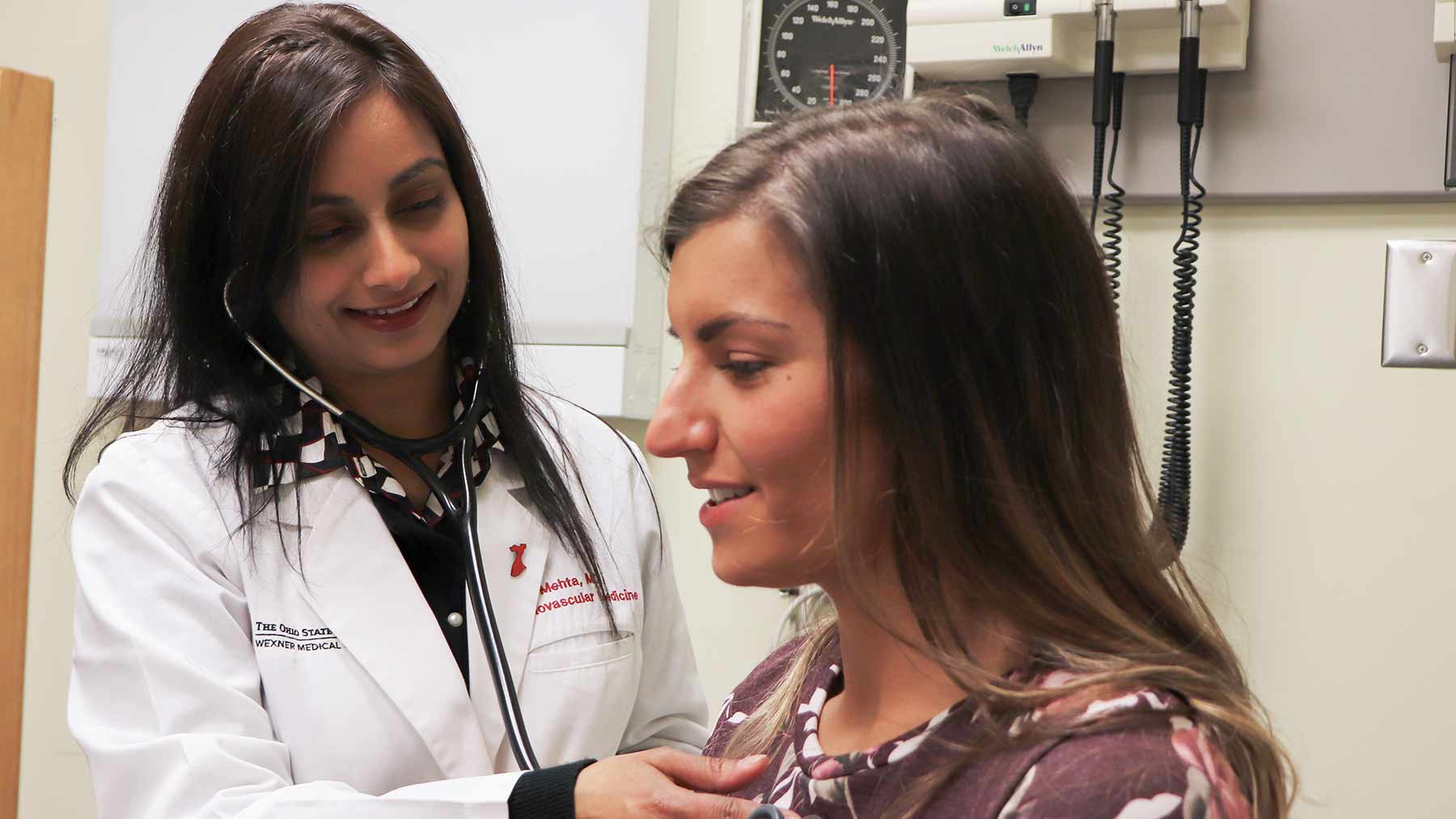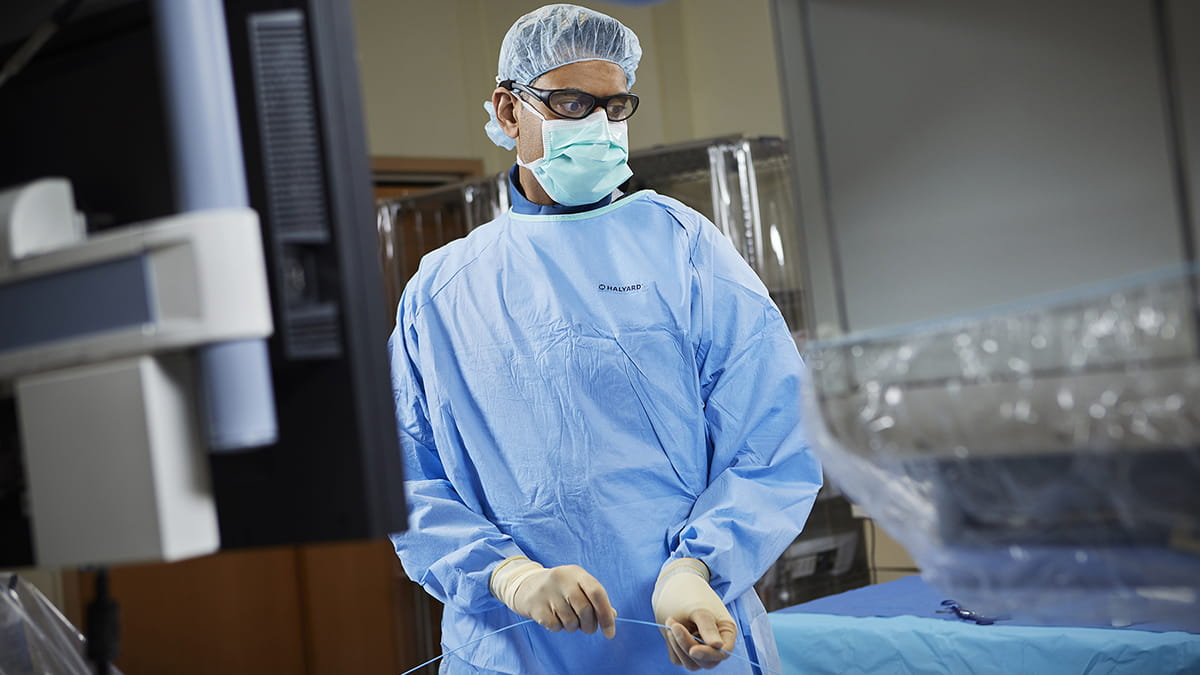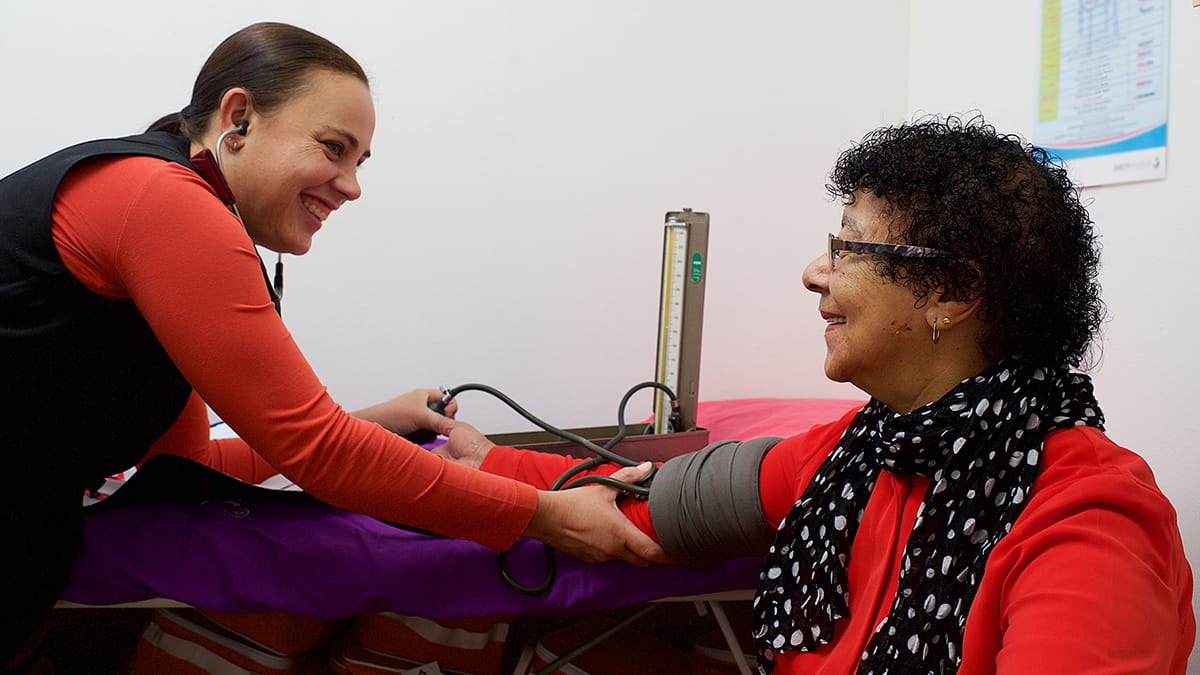Let's focus on where heart disease and breast cancer intersect

Heart disease and breast cancer are two of the most common diseases among women in the U.S. One in three women die from cardiovascular disease, and one in eight women develop breast cancer. However, many people don’t realize these two major threats to women’s health have several connections.
I recently chaired the American Heart Association’s first scientific statement for clinicians that addresses what the diseases have in common and how they affect each other.
Common risk factors
Heart disease and breast cancer share several common risk factors. These include age, sedentary lifestyle and smoking. The use of hormone replacement therapy can also raise the risk of breast cancer and heart disease in certain groups of women.
The good news is that women can change several of their personal risks for both diseases. Many of the same things that improve heart health (healthy diet, healthy weight, exercise and not smoking) can also reduce the risk for breast cancer.
Coordinated heart and cancer care
It’s important for cardiologists and oncologists to work together from the beginning of a cancer diagnosis. In some cases, a pre-existing heart condition may guide the course of cancer treatment. In other cases, the cancer treatment itself can impact the heart and alter treatment plans.
The most common heart-related side effect from cancer treatment is left ventricular dysfunction. Coronary artery disease, valve disease, arrhythmias and heart failure can also occur.
These possible side effects can affect each patient differently. I’m not suggesting a woman should worry about or refuse her recommended breast cancer treatment. Modern treatment is essential for fighting breast cancer and improving survival. However, the possible cardiovascular effects are an important part of the conversation with the patient’s oncologist.
Long-term breast cancer survivors can also develop heart problems even years after certain cancer treatments. Survivors also have increased cardiovascular risk factors, so it’s essential for women to do what they can for heart disease prevention during and after their cancer treatment.
Cardio-oncology specialty
More doctors are specializing in cardio-oncology, and this growing field has led to new clinical approaches that reduce the heart-related effects of cancer treatment. As treatments continue to advance, we’re seeing improved survival among cancer patients. However, heart disease prior to, during or after cancer treatment can impact outcomes. We need to be successful in treating both diseases.
Breast cancer and heart disease aren’t going away anytime soon. It’s our hope, by issuing the scientific statement with the American Heart Association, that we can prompt the medical community to develop more guidelines, training programs and research in this growing field.




